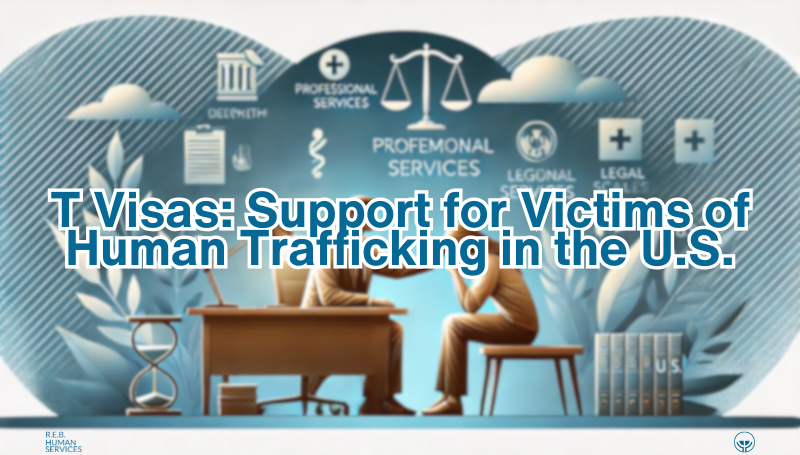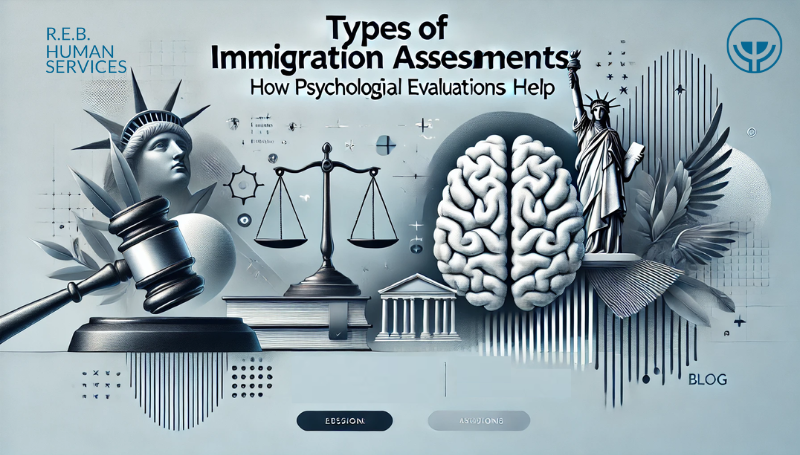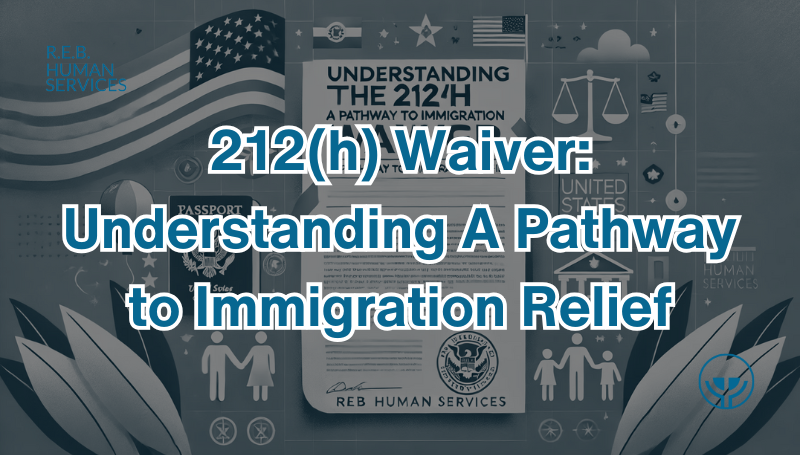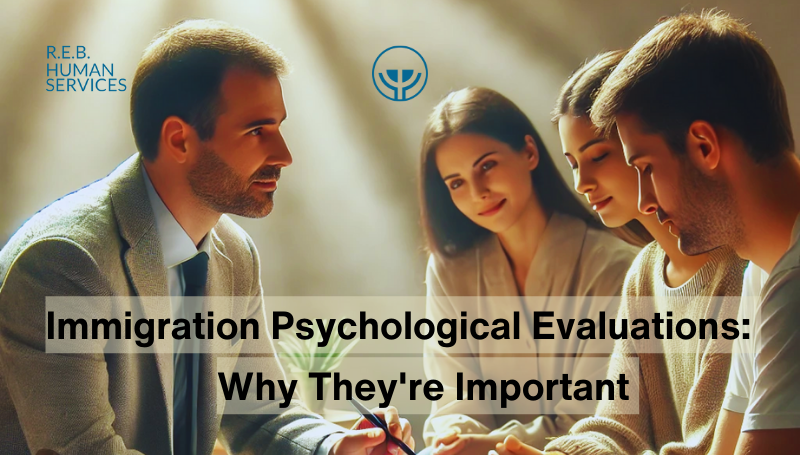The U.S. Asylum Process is complex. And involve not only legal aspects but also crucial psychological factors. From the very beginning, it is important to recognize that an applicant’s mental health can significantly impact their case. Proper documentation of psychological effects can help prove the lasting impact of persecution. In this article, we explore three essential psychological factors in the U.S. Asylum Process and how they can strengthen an asylum application.
1. The Psychological Impact of Persecution in the U.S. Asylum Process
Many asylum seekers have endured traumatic experiences, which can deeply affect their mental health. As a result, disorders such as anxiety, depression, and post-traumatic stress disorder (PTSD) are common among them. These conditions often stem from political persecution, violence, torture, threats, or systematic discrimination. Therefore, a comprehensive psychological evaluation is crucial. It not only documents these impacts but also helps demonstrate how persecution has disrupted the applicant’s life and emotional well-being.
2. Psychological Evaluations Can Strengthen Your Case in U.S. Asylum Process
A well-conducted psychological evaluation is more than just a medical report—it can be a key piece of evidence in the U.S. Asylum Process. In many cases, asylum seekers struggle to provide physical proof of the trauma they have experienced. However, a detailed psychological report can help bridge this gap. By offering documented evidence of emotional distress, such reports allow courts and immigration authorities to better understand the severity of the applicant’s situation. Consequently, this significantly increases the chances of a successful asylum application.
3. A Report from Specialists Makes a Difference
The quality of the psychological evaluation is essential. Experienced and specialized professionals know exactly how to identify trauma and prepare detailed, well-founded reports. Furthermore, these reports are widely recognized by immigration courts and asylum attorneys. Having expert documentation of psychological trauma can provide asylum seekers with the support they need to validate their claims. For this reason, choosing a qualified specialist can make all the difference in the outcome of the U.S. Asylum Process.
How REB Human Services Can Help
At REB Human Services, we offer specialized psychological evaluations for asylum seekers. Our experienced professionals are prepared to provide thorough reports that strengthen your case and improve your chances of obtaining asylum in the U.S.
If you or someone you know is going through the U.S. Asylum Process, do not hesitate to reach out. We are here to help!
Remember to follow us on social media to stay up to date with all our content wherever you are. We are here for you!










